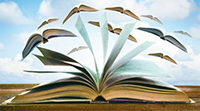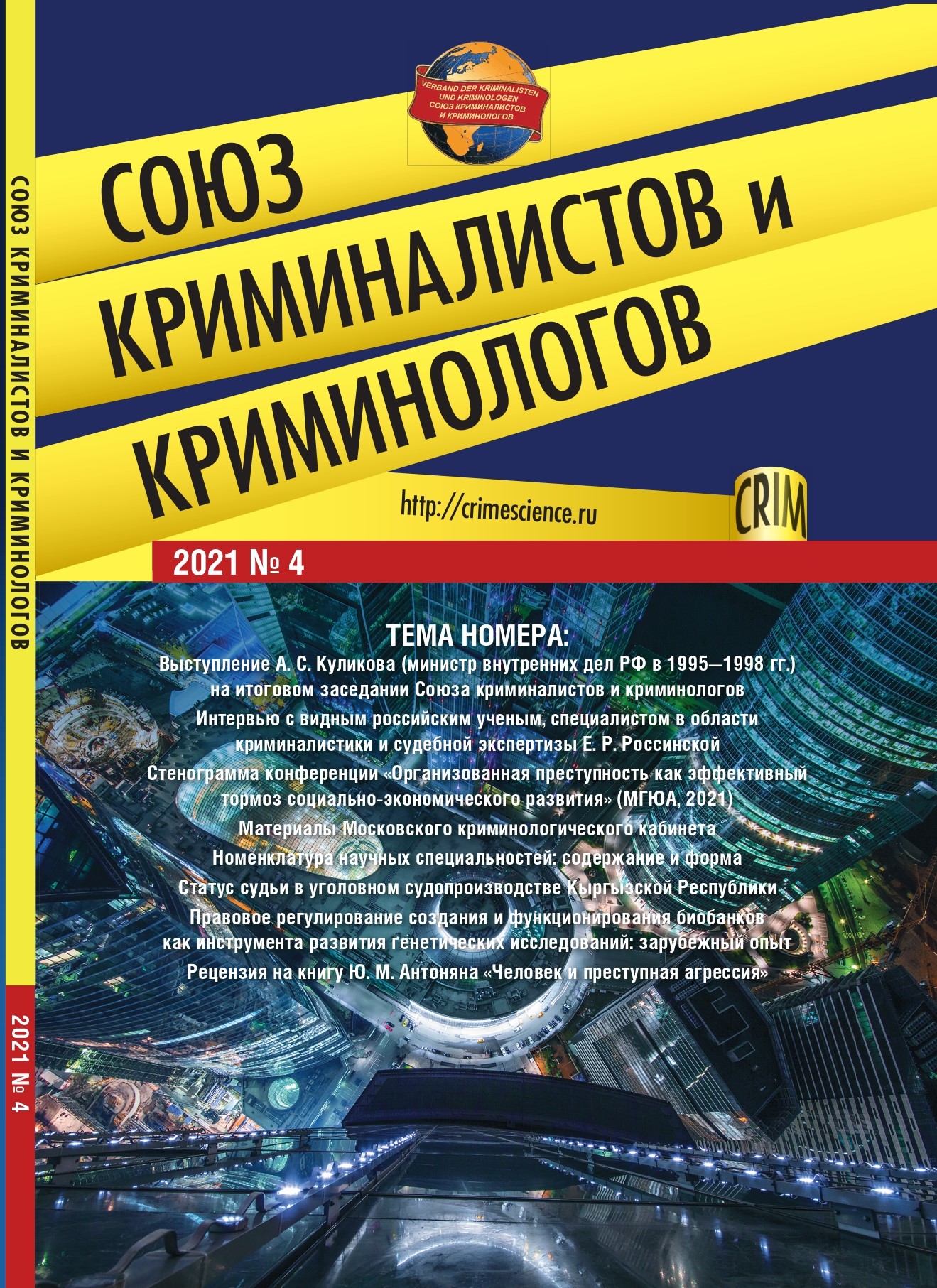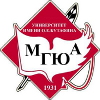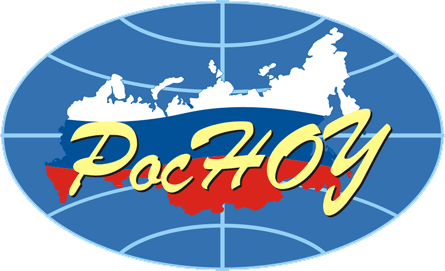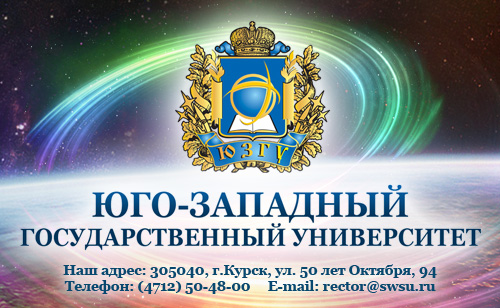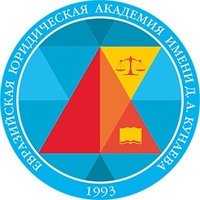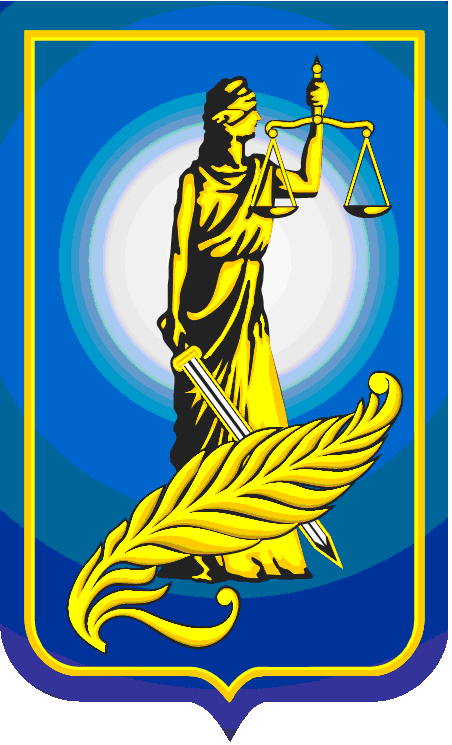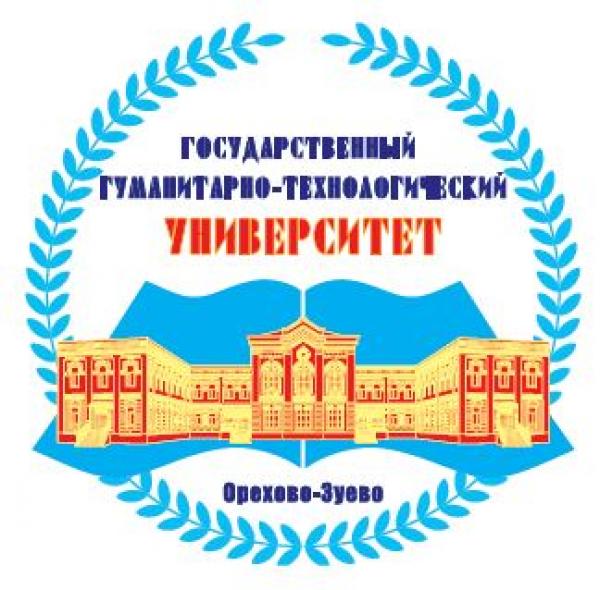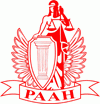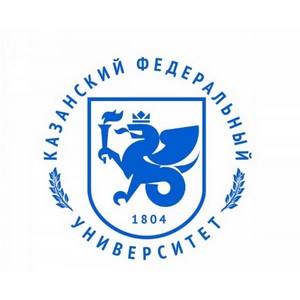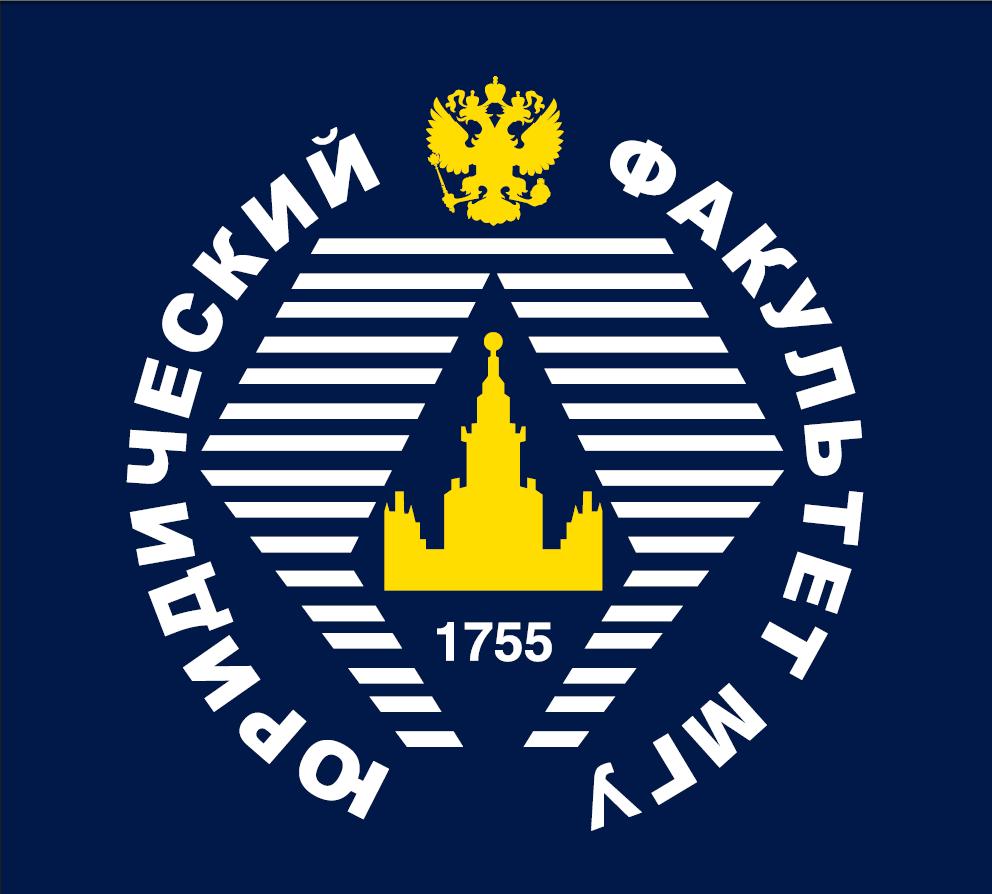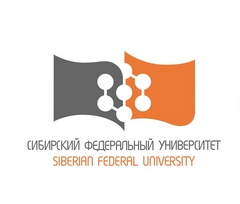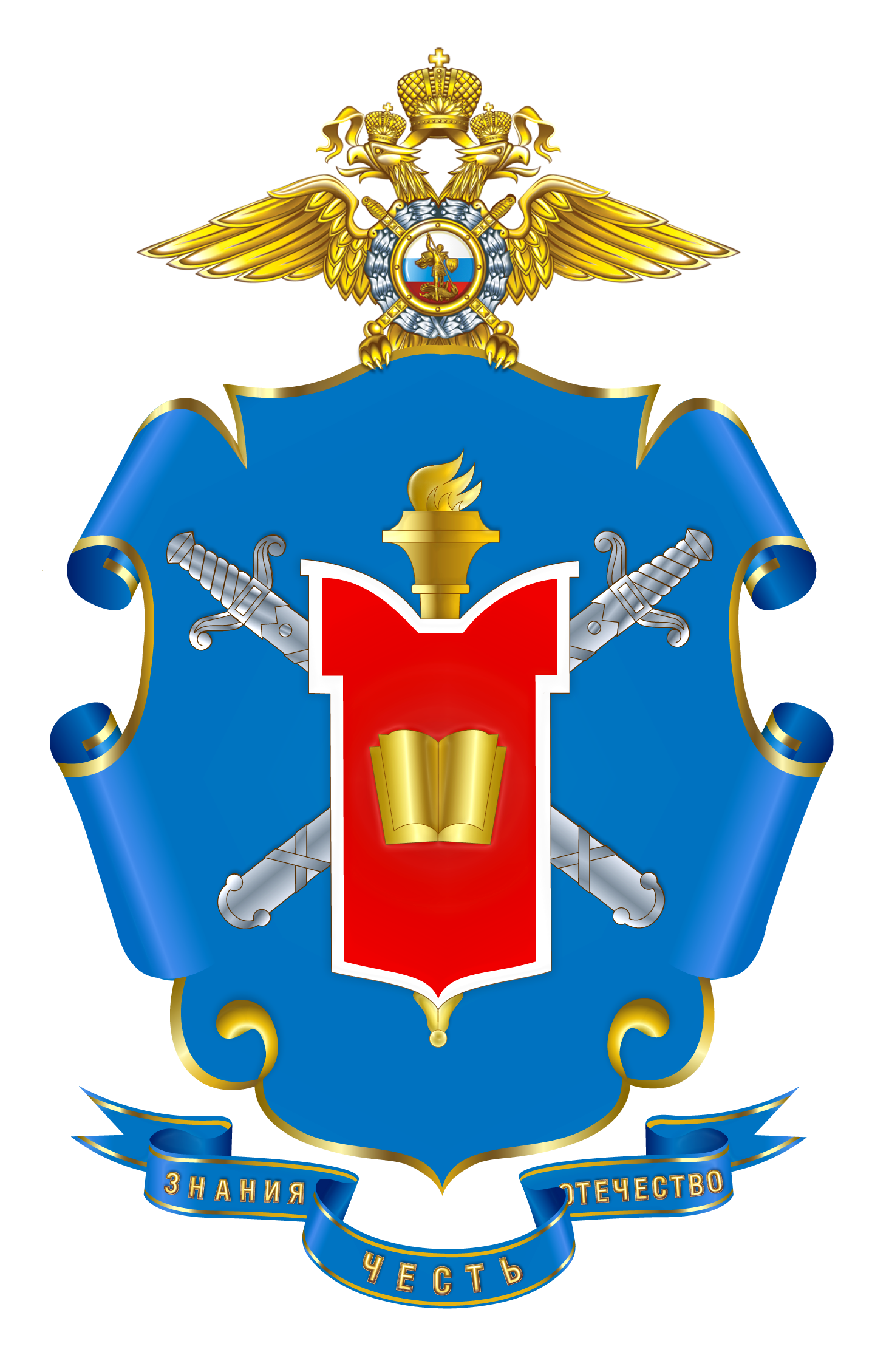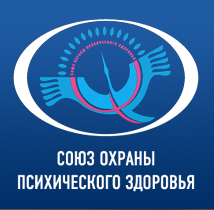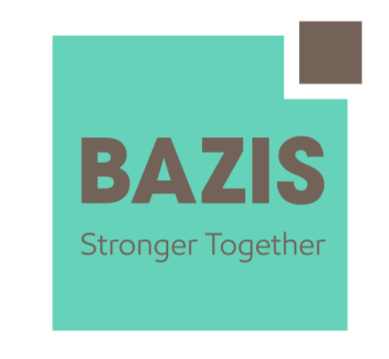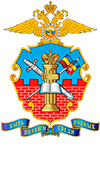Historian Zvyagintsev: The French called Alexander I the «Tsar-Liberator»
Deputy Director of the Institute of State and Law of the Russian Academy of Sciences, Honored Lawyer of the Russian Federation, writer and historian, Vice-President of the Union of Criminalists and Criminologists Alexander Zvyagintsev
Boris Yamshanov
March 3 is a special date in our history. On this day in 1861, Emperor Alexander II signed the Manifesto on the abolition of serfdom, which marked the beginning of the rapid development of Russia. And on March 3, another event took place that changed the map and life of Europe.
We talk about the amazing coincidences in the history of Russia and its influence on the world order with historian and writer, former Deputy Prosecutor General of Russia, Deputy Director of the Institute of State and Law of the Russian Academy of Sciences, Honored Lawyer of the Russian Federation Alexander Zvyagintsev.
Alexander Grigorievich, in the «Wild West» Russia and its rulers have been portrayed for centuries as dangerous invaders. But the people lovingly called Tsar Alexander II the «Liberator», and the people cannot be deceived…
Alexander Zvyagintsev: Alexander II really went down in history as a tsar-liberator. On March 3 (February 19, old style), 1861, he signed the Manifesto «On the Most Merciful Granting to Serfs the Rights of the State of Free Rural Inhabitants» and the Regulations on Peasants, which consisted of 17 legislative acts. Peasants received personal freedom and the right to dispose of their property.
The reign of this emperor was marked by great reforms of unprecedented scale. Military, judicial and a number of other reforms were carried out, expanding the boundaries of civil society and the rule of law. Zemstvos were established, censorship was restricted, and Jews were given the right to settle freely on the territory of Russia. This time is considered the golden age of the Russian novel, the masterpieces of Turgenev and Aksakov, Tolstoy and Dostoevsky became world famous.
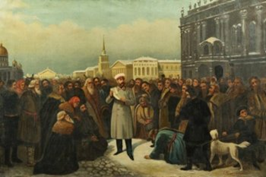 G. Dittenberger Gratitude of the Russian people to Emperor Alexander II. 1861 Photo: social networks
G. Dittenberger Gratitude of the Russian people to Emperor Alexander II. 1861 Photo: social networks
Alexander II is considered a liberator not only in Russia, but also in Europe, primarily in the Balkans. And the reason for this is also the events of March 3.
Alexander Zvyagintsev: On March 3, 1878 the Treaty of San Stefano was signed, which put a victorious end to Russia’s war with Turkey. Serbia and Bulgaria gained freedom from the centuries-long domination of the Turks over the Slavs, and Alexander II was honored with a special epithet – the Liberator.
In the words of our famous historian Vasily Kliuchevsky, this emperor differed markedly from other monarchs by the «absence of the inclination to play the tsar». «He remained himself, spoke and acted as he found necessary at a given moment. He did not want to appear better than he was, and was often better than he appeared», Kliuchevsky concluded.
If you think about it, the Liberator was also Emperor Alexander I, who freed Europe from Napoleonic tyranny. The French seem to have forgotten who brought them freedom to Paris?
Alexander Zvyagintsev: This happened, by the way, also in March: on 31 March 1814, the coalition troops led by Alexander I entered Paris. He became one of the founders of the Holy Alliance and the leaders of the Congress of Vienna in 1814-815, which determined for decades ahead the organization and security of Europe. It is no coincidence that the Serene Prince Alexander Bezborodko, who was honored with the highest rank of Chancellor of the Russian Empire, admonished the young diplomats such an exhortation: «I don’t know how it will be in your presence, but in our presence not a single cannon in Europe dared to fire without our permission!».
The French also called Alexander I «Tsar-Liberator», crowds of Parisians enthusiastically greeted each of his appearance in public.
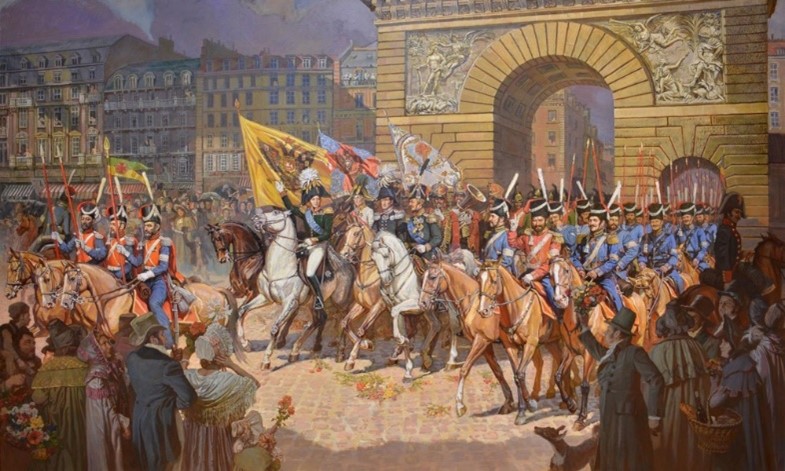 Emperor Alexander III went down in history as the «Peacemaker» – not a single war was unleashed in Europe during his reign. It can be said that he also freed Europe from wars.
Emperor Alexander III went down in history as the «Peacemaker» – not a single war was unleashed in Europe during his reign. It can be said that he also freed Europe from wars.
Alexander Zvyagintsev: As contemporaries noted, «Russia, elevated by Alexander III to a high degree of power, received a decisive voice in European and Asian affairs.» He concluded the Franco-Russian alliance, and when Germany was on the verge of attacking France in 1871, he directly advised Wilhelm I not to do so and was heard.
During his reign, 114 new warships were launched, including 17 battleships and 10 armoured cruisers; the Russian fleet ranked 3rd in the world, with a total displacement of 300 thousands tonnes. The real technical revolution was in metallurgy; the output of iron, steel, oil, coal in the period from the mid-1880s to the end of the 1890s increased at record rates.
The main foe of Russia was Great Britain, which was weaving a web of intrigues around the Balkans, drawing Austria-Hungary into it as well. In the spring of 1881, at a dinner in the Winter Palace, the Austrian ambassador spoke of mobilizing «two or three corps» for the Balkans. In response, Alexander III twisted a fork into a loop with his fingers and threw it to the ambassador’s device, saying: «That’s what I’ll do to them!» He could afford a phrase in response to a report that foreign ambassadors were waiting for him: «When the Russian Tsar is fishing, Europe can wait!»
The merits of Alexander III in foreign policy were highly appreciated by the whole of Europe, including France, and the main bridge in Paris was named after him. And the German Emperor Wilhelm II responded to the death of the Russian Tsar in the following way: «This was indeed an autocratic Emperor!»
The last Tsar Nicholas II is generally regarded as a weak ruler who lost the war and lost a great empire. But is this fair? He stood up in defence of Serbia and if we had not had a revolution and civil war, he would also have been among the winners….
Alexander Zvyagintsev: Nicholas II can be rightly considered a liberator – he entered the First World War to protect Serbia from German aggression. This initial impulse was noble and supported by the entire Russian society: people of different estates volunteered to defend their brothers in faith and blood.
After the annexation of Bosnia and Herzegovina by Austria-Hungary, the concept of Pan-Slavism and a common religion aroused strong public sympathy between Russia and Serbia. During the July Crisis of 1914, Nicholas II supported Serbia, and in response, Germany declared war on Russia on August 1st.
Having a slight superiority before the beginning of the operation, the Russians had already disabled more than 50 percent of the forces of the opposing enemy group in 3 weeks. Its losses totalled 1,325,000 men, including 975,000 Austro-Hungarian (of whom 416,924 were prisoners) and 350,000 German killed, wounded and captured. The South-Western Front captured 580 cannons, 448 bombs and mortars, 1,795 machine guns; advanced to a depth of 120 kilometres, liberated almost all of Volhynia, Bukovina, part of Galicia and finished active operations at the end of October.
The front-line operation yielded strategic results: Italy was saved, the French managed to preserve Verdun, the British – hold out on the Somme. German forces were undermined, the general situation changed in favour of the Entente, it took over the strategic initiative. But then happened what happened and the common victory was celebrated without Russia.
Today, the age-old scare stories are in circulation again: now Putin allegedly sleeps and dreams of capturing Warsaw and then taking Berlin.
Alexander Zvyagintsev: How many times can it be? The Russian army had already taken Berlin three times. During the Seven Years’ War of Frederick the Great, daughter of Peter the Great, sent Russian regiments to help the Austrian ally Maria Theresa, and they took Berlin on October 9, 1760. The commander Count Totleben was awarded the Order of Alexander Nevsky for this.
During the Foreign Campaign to expel Napoleon, the Russian army entered Berlin on March 4, 1813. At the same time, there was no anti-Napoleonic coalition yet, the Russian troops acted alone against the French. Specifically, the city was liberated from the French by Adjutant General Chernyshev, a week later the troops of Prince Winzingerode and Count Vorontsov approached it. Well, and for the third time, completing the Great Patriotic War, from April 25 to May 2nd 1945 Berlin, from the outskirts to the Reichstag, was stormed and captured by the troops of Marshals Konev and Zhukov.
As for Warsaw, historians find it difficult to calculate exactly how many times the Russians took it. If we recall history, Tsargrad (then Constantinople), Helsinki, Bucharest and Sofia, as well as Amsterdam, Belgrade, Budapest, Bratislava, Vienna, Prague, Beirut, Rome, Harbin, Kabul and the «capital of the world» Paris bowed their banners before the Russian army. Generalissimo Suvorov, who liberated Milan and Northern Italy and conquered the Alpine St. Gotthard, was honoured with worldwide fame. By the way, no enemy has ever set foot on the land of St. Petersburg, the capital of the Russian Empire, and Napoleon was burned in Moscow when it was a district town.
In short, our emperors did not seek to conquer and enslave anyone? After all, from all the listed capitals and countries Russian troops left voluntarily, having fulfilled their noble mission…
Alexander Zvyagintsev: All Russian sovereigns and emperors were liberators. Not invaders, not oppressors, but liberators. People of humanistic ideals, according to their inner convictions, they became, in one way or another, liberators of the surrounding world from evil, enslavement and barbarism.



